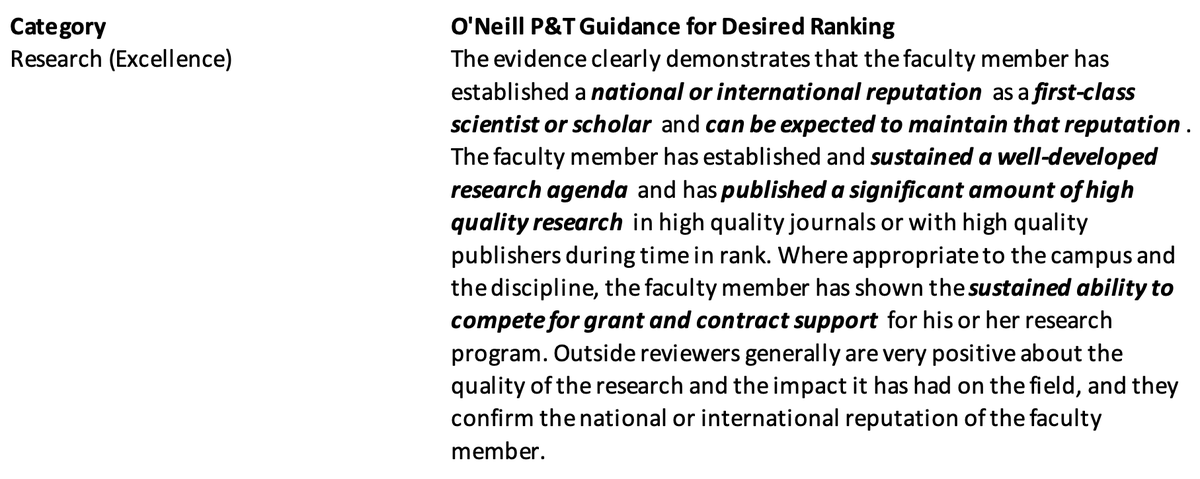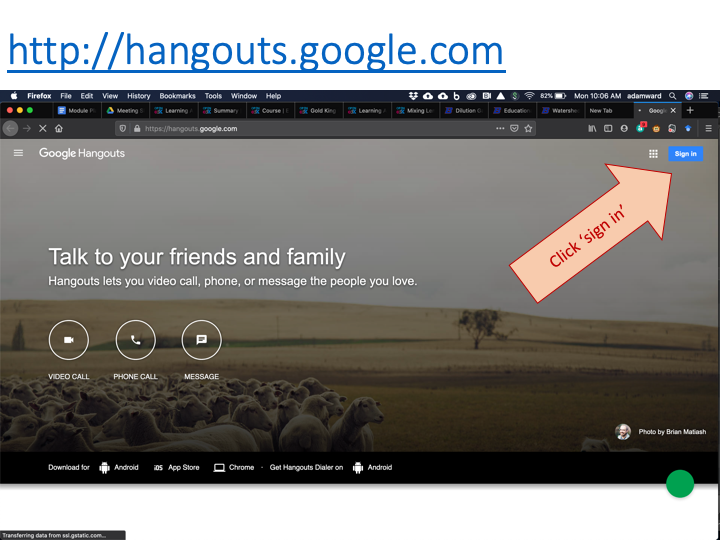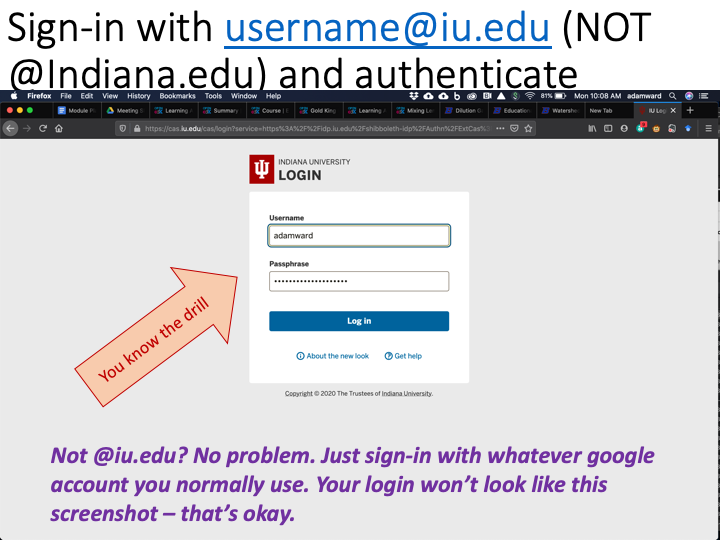
Participating in a Emotional Intelligence, Masculinity, and Gender Allyship workshop. Live tweeting between discussions to share what we (men who want to be better allies) are talking about. An unstructured thread:
Biggest fears:
Will my stepping up be perceived as paternal and make the problem worse?
Does my standing up for equity mean that telling others they are 'wrong'? (i.e., how to be an ally w/o telling someone they are discriminating)
Unsure what kinds of responses are appropriate.
Will my stepping up be perceived as paternal and make the problem worse?
Does my standing up for equity mean that telling others they are 'wrong'? (i.e., how to be an ally w/o telling someone they are discriminating)
Unsure what kinds of responses are appropriate.
More fears:
am I mansplaining gender discrimination?
unsure if I am in a position to help
will my support seem genuine or performative?
am I mansplaining gender discrimination?
unsure if I am in a position to help
will my support seem genuine or performative?
What are masculine norms in our culture? (all of which frame our experiences, societal expectations, & responses)
Winning
Emotionless
Risk-taking
Violence
Dominance
Playboy
Self-reliant
Primacy of work
Power
Status
Heteronormative
Winning
Emotionless
Risk-taking
Violence
Dominance
Playboy
Self-reliant
Primacy of work
Power
Status
Heteronormative
As a group, we find some of these internally conflicting, several abhorrent, and can come up with examples of both in-your-face and subtle ways these have played out in our own lives.
The ways we 'show up and speak up' are framed by cultural expectations.
To a person, we are realizing that we did not all think of 100% of these as part of masculinity, nor even that these were all part of our culture.
To a person, we are realizing that we did not all think of 100% of these as part of masculinity, nor even that these were all part of our culture.
Put well by one participant: Just b/c I don't feel <masculine trait> doesn't mean women I interact with don't expect it a priori or even perceive it in me.
Cultural priming starts early. Both parents generally expose daughters to more emotional language, discussion than their counterpart sons.
Participants getting uncomfortable now as we talk about 'the male experience'. My perception is that we don't know what our own experience is, making it that much harder to identify divergences from the norms we experience. Vulnerability broadly not in our comfort zone as a group
Some consternation - we perceive being a good ally can mean going against cultural norms that define us. Then again, (generalizing here) men tend to have more power and we can choose to spend it on making allyship a norm. Nods of agreement. But...
...we are sort of feeling overwhelmed. Can actions of a very few of us on this call change the pervasive, persistent culture we live in?
What are our 'allyship triggers' (i.e., the situations where we feel most likely to be good ally):
- microaggressions (low-stakes to correct)
- sexualized banter
- talking over / interrupting
- seeing 'boys club' mentality
- microaggressions (low-stakes to correct)
- sexualized banter
- talking over / interrupting
- seeing 'boys club' mentality
How do we respond to these triggers in the heat of the moment?
1 - We are broadly not proud of the frequency with which we acknowledge the trigger, judge it internally, and don't act
2 - sarcastic or passive deflection vs. actual confrontation is also a popular answer
1 - We are broadly not proud of the frequency with which we acknowledge the trigger, judge it internally, and don't act
2 - sarcastic or passive deflection vs. actual confrontation is also a popular answer
3 - we try and correct (e.g., "I think ___ was about to say something") but don't confront the problem
post-hoc we feel shame b/c we know a problem occurred, we had a chance to say something, but we let it pass or didn't know what do to.
Overall I hear our intent >> our actions
post-hoc we feel shame b/c we know a problem occurred, we had a chance to say something, but we let it pass or didn't know what do to.
Overall I hear our intent >> our actions
Why? The quick 'mental checklist' of did that just happen, who was impacted, what can i say, how would i say it, is that appropriate, etc. are a lot of cognitive processing in-the-moment, and we don't feel 'fast enough' to response appropriately enough
Now this is interesting - we are talking about 'in-the-moment' allyship vs. long-term and structural allyship. For example, calling out a microaggression vs. being inclusive & creating a culture in our workplace / home / interpersonal relationships.
We've got homework - reflecting on our emotional responses in the moments when we could be better allys. What are we feeling? Why? What is a strategy to help map that emotional response to an appropriate response.
Woah - ready to get vulnerable? We are to have a conversation about masculinity & ways in which we are currently being good allys or could improve as allys with a woman in our lives.
That's a wrap
Why tweet all of this? (1) I have found the Advocates & Allys program to be really a useful way for me (white-cis-hetero-man) to reflect on my own circumstances and learn how to use my position to help address this issue.
Why tweet all of this? (1) I have found the Advocates & Allys program to be really a useful way for me (white-cis-hetero-man) to reflect on my own circumstances and learn how to use my position to help address this issue.
(2) Most men (and women i suppose by definition) will not have been part of an all-male discussion about gender and masculinity. I wanted to share what we are talking about as we're vulnerable with one another as we learn to be better.
(3) One easy thing I can do is let my followers (esp. male) know this is an issue I put time into, care about, & there are opportunities for us to grow.
(4) The model of men engaging one another to learn about gender equity does, in my experience, let us have different conversations than would occur in mixed-gender workshops. Addressing social issues of masculinity as men and what role we have is import...
...but important doesn't mean exclusively men talking to men about gender solves our issues. It is one part of the solution, though.
@threadreaderapp unroll
• • •
Missing some Tweet in this thread? You can try to
force a refresh






